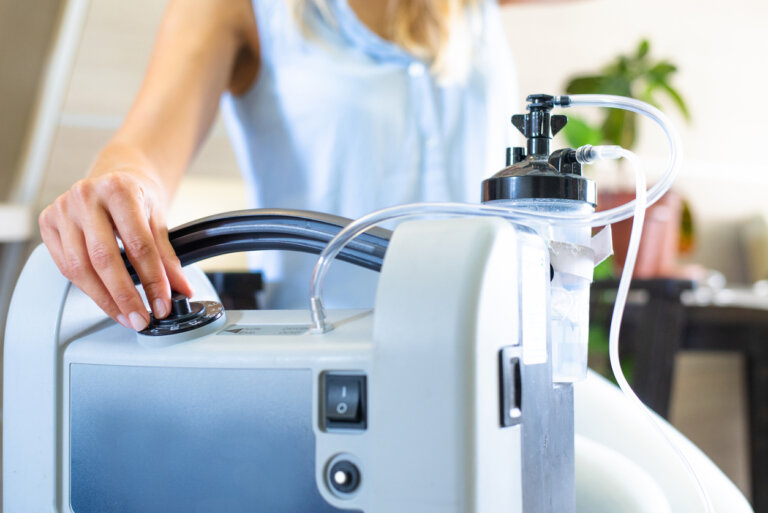Medical devices can be useful in improving a person’s quality of life, unless the medical device has a defect or fails to work correctly. This blog will discuss the top five most common types of medical device defects and failures.
If you get harmed by a defective or failed medical device, the defendant will likely be a massive corporation with virtually unlimited resources to defend aggressively against your request for compensation. You will want to work with a medical device liability attorney on your claim.
Sub-Standard Design or Manufacture of the Device
The designer or manufacturer might cut a few corners in the testing of the medical device in the rush to get the product to market. Some design flaws or quality control issues in the manufacture or assembly of the medical device might not get discovered until the item is in use. FDA approval does not guarantee that something was designed or manufactured correctly.
Selection of Material Was Incompatible with the Intended Purpose
In some situations, a particular material might seem ideal in theory but fail when implemented in the product and put into use. It might take some time for the degradation of the material to reach the point of failure of the device. Many medical devices contain plastic components. The resin can crack or degrade over time with use.
Actual Use Overstressed the Device
Overstress is another situation in which the theory behind the device might be sound, but the medical device could fail because of impact-related overstress or stress overload when used. Usually, overstress of the medical device causes fractures on the surface of the device or one or more of its components.
Defects in the Molding of the Device
No matter how beautiful the design of the medical device is, if there is a defect in the molding of a plastic component, the component could crack and cause the entire device to fail. The defective molding of the component might not be noticeable until after the entire device gets assembled.
Contamination by a Chemical or Foreign Substance
Sometimes, the failure of a medical device can be the result of a chemical attack or foreign substance that caused fractures or other types of failures of the device. There are multiple techniques available to analyze the possibility of a chemical attack and identify chemical residues or chemical contaminants on the surface of the field device.
In any of these five causes of medical device defects or failures, you will likely need to work with expert witnesses like chemists, engineers, or medical professionals. You might need to have the device undergo testing like microscopic examination, chromatography-mass spectrometry, differential scanning calorimetry (DSC) thermal analysis, or tensile and compressive testing.
A toxic tort or medical device litigation attorney could help you with your lawsuit that seeks compensation for the harm you suffered because of a defect or failure of a medical device. Reach out to our office today for help with your case.

